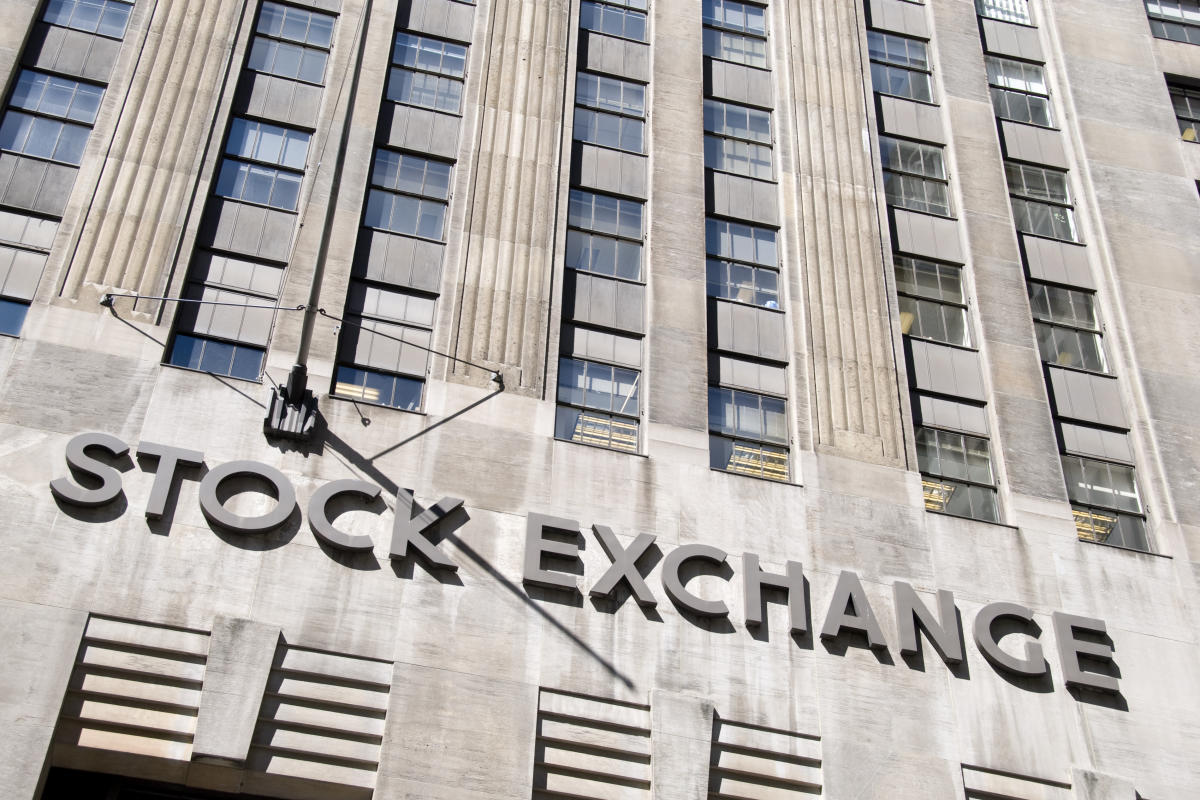Most retired workers rely on multiple streams of income during retirement. Two of the most common income streams are social security and pensions. When we look at retirement versus Social Security income, we see significant differences. Retired workers need to understand the key differences between the two programs. They are financed, structured and taxed differently. If you’re planning to retire, be sure to tap into the insights of a financial advisor.
Pensions defined
About 44% of Americans are currently covered by a defined benefit plan through their company. Defined benefit plans have been discontinued at many companies and today only 4% still offer them. However, they still pay the benefits for Americans who are still alive and retired under these plans. They have largely been replaced by defined contribution plans, namely 401(k)s and IRAs.
Pensions are intended as retirement plans, unlike social security. Their goal is to provide their retired employees with a benefit large enough to live on. Naturally, the benefit depends on their age, years of service and salary during their employment. There may be an establishment requirement. In other words, you may have to stay with the company for a predetermined period of time, sometimes five years, before you are vested. Social Security has no vesting requirements. Spouses can receive a partial benefit from the pension if the retired worker dies, but there is usually no benefit for minor children or dependent parents, as is the case with the Social Security program.
Typically, you can start collecting retirement benefits when you retire at age 55. You must wait until you are at least 62 years old before you can start receiving Social Security benefits. Also, there is no disability insurance program associated with defined benefit pensions, as there is with the Social Security program. Social Security pays a small death benefit, but pensions do not.
With some defined benefit plans, your money is paid out to you in a lump sum. You can choose whether you take the lump sum amount or opt for the monthly payment. You do not have this option with social security.
Social Security Defined


The Social Security program is not a pension and was never intended to be a pension. It is a social insurance program administered by the U.S. federal government. It was always intended to be a supplemental income in retirement for covered workers, although we know there are many Americans who live almost exclusively on their Social Security benefits. There are two Social Security trust funds established by the federal government. The social security benefits paid upon retirement come from the Old Age and Survival Fund. This fund also pays survivor’s and partner benefits and pension benefits.
Social Security retirement benefits are similar to a pension in many ways. It pays a monthly benefit to retired employees, similar to a defined benefit plan. Private individuals and companies contribute to that system through a payroll tax. The amount you pay into Social Security appears on your check stub under FICA, the Federal Income Contributions Act. Working people pay 6.2% of their wages to social security and their company pays 6.2% for them. Self-employed people pay the entire 12.4%.
There are three sources of financing for social security. The first is payroll tax. Social Security is also funded by interest on excess contributions from the U.S. Treasury Department and, thirdly, by taxes paid on benefits by current beneficiaries. Payroll taxes finance the largest part of the social security fund.
The amount of Social Security benefits a retired worker receives depends on the number of years he worked and the total salary he received. It also depends on the age at which the employee receives benefits. If you retire in your retirement year, you will receive your full Social Security benefit. But if you retire between age 62 and retirement, your benefits will be reduced depending on your individual situation.
Social Security also pays a small survivor benefit when a retired employee dies. A widow’s pension or partner’s benefit may be paid, but this depends on the individual situation.
Current employees who pay into Social Security fund benefits for future employees. Social security is not a right. It is a pay-as-you-go system.
The second part of the social security program is disability insurance benefits. If a person is disabled and has good credit, they may be eligible for disability benefits instead of retirement benefits.
Pensions vs. Social Security: Key Differences


The Social Security program is not a retirement plan. It is a social insurance intended to supplement the pension and savings of a retired employee. If an employee has paid into social security, he can receive benefits from retirement age. The retirement age for social security is at least 62 years. For a defined benefit pension this is usually 55 years. Sometimes you can withdraw your pension in one go or you can receive the monthly benefit. You cannot withdraw social security in one go.
Many pension plans have a vesting requirement, but not social security. In the event of the death of a retired employee, the spouse may receive a reduced benefit and a small survivor benefit. There are no survivor benefits with a pension plan. Social Security can provide survivor benefits to dependent parents and dependent children.
Social Security is funded primarily through a payroll tax that most Americans pay. Pension plans are privately funded through a combination of company and employee funds. Social security has an income program for the disabled, but pension funds do not.
Social Security recipients are subject to a graduated income tax based on their income. Only part of social security benefits are taxed. All retirement income is taxed at your regular tax rate, although it may not be subject to state income tax. If you work after you start drawing Social Security, a larger portion of your Social Security may be taxed and at a higher rate. The pension tax does not depend on whether you work or not.
The taxation of a pension versus Social Security income may differ. Thirty-seven states do not tax Social Security income. If the only retirement benefit you get is Social Security, you probably won’t have to pay taxes on it at all. As an individual, if your income is between $25,000 and $34,000, you may have to pay taxes on 50% of your income and 85% of your income if it is more than $34,000. For a married couple, the income limit is $44,000. The pension income is simply taxed at your normal tax rate.
You don’t have to pay Social Security taxes above the wage base limit, which is $142,800 in 2021. However, you will continue to pay tax on the pension income.
It comes down to
Social security and pension benefits should be part of an overall retirement strategy. They are similar in some respects, but have important differences, especially in the way they are financed, structured and taxed. Treat them as separate parts of an overall retirement portfolio strategy.
Retirement planning tips
Photo credit: ©iStock.com/Bill Oxford, ©iStock.com/zimmytws, ©iStock.com/PeopleImages
The post Pension vs. Social Security: Key Differences appeared first on SmartAsset Blog.





